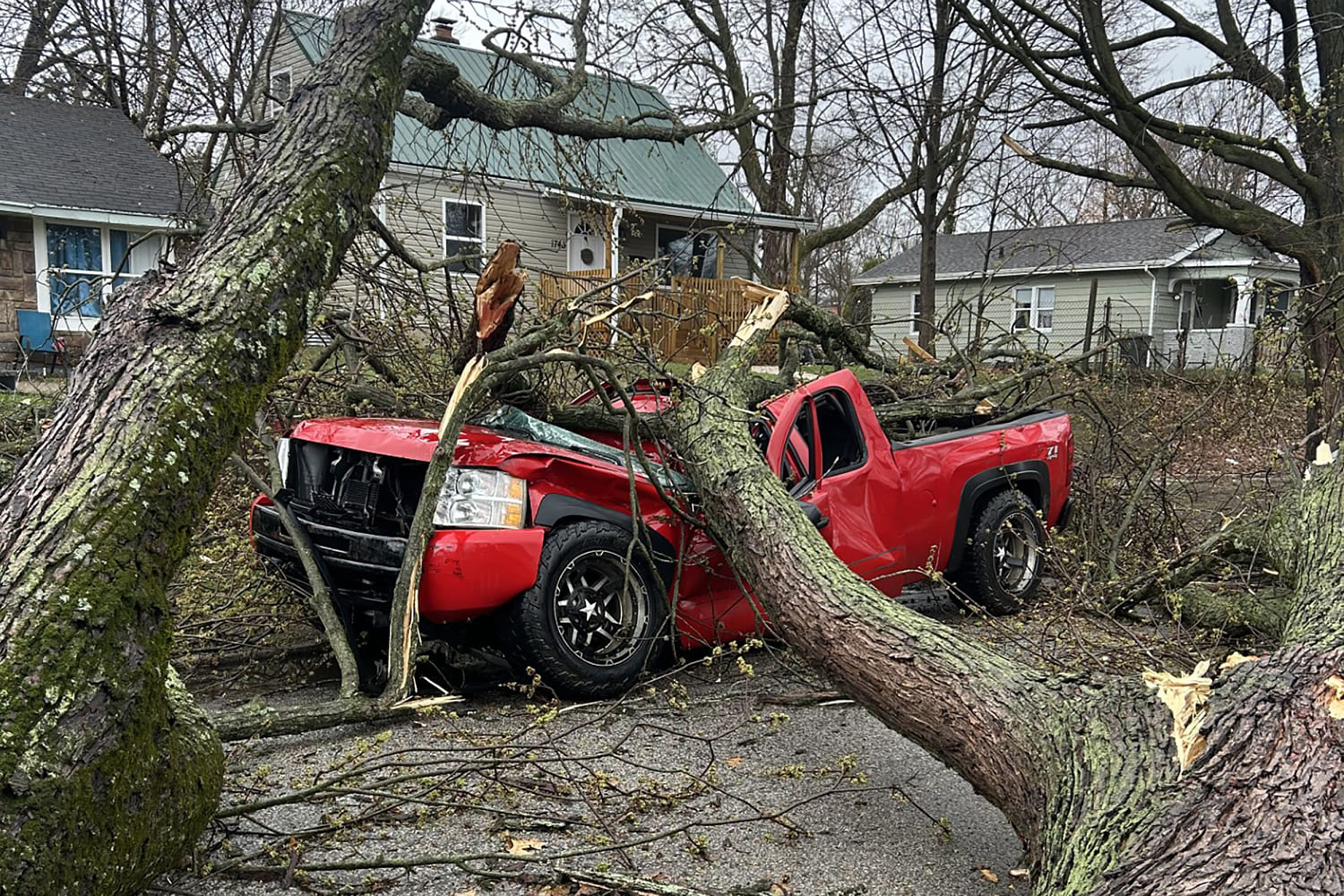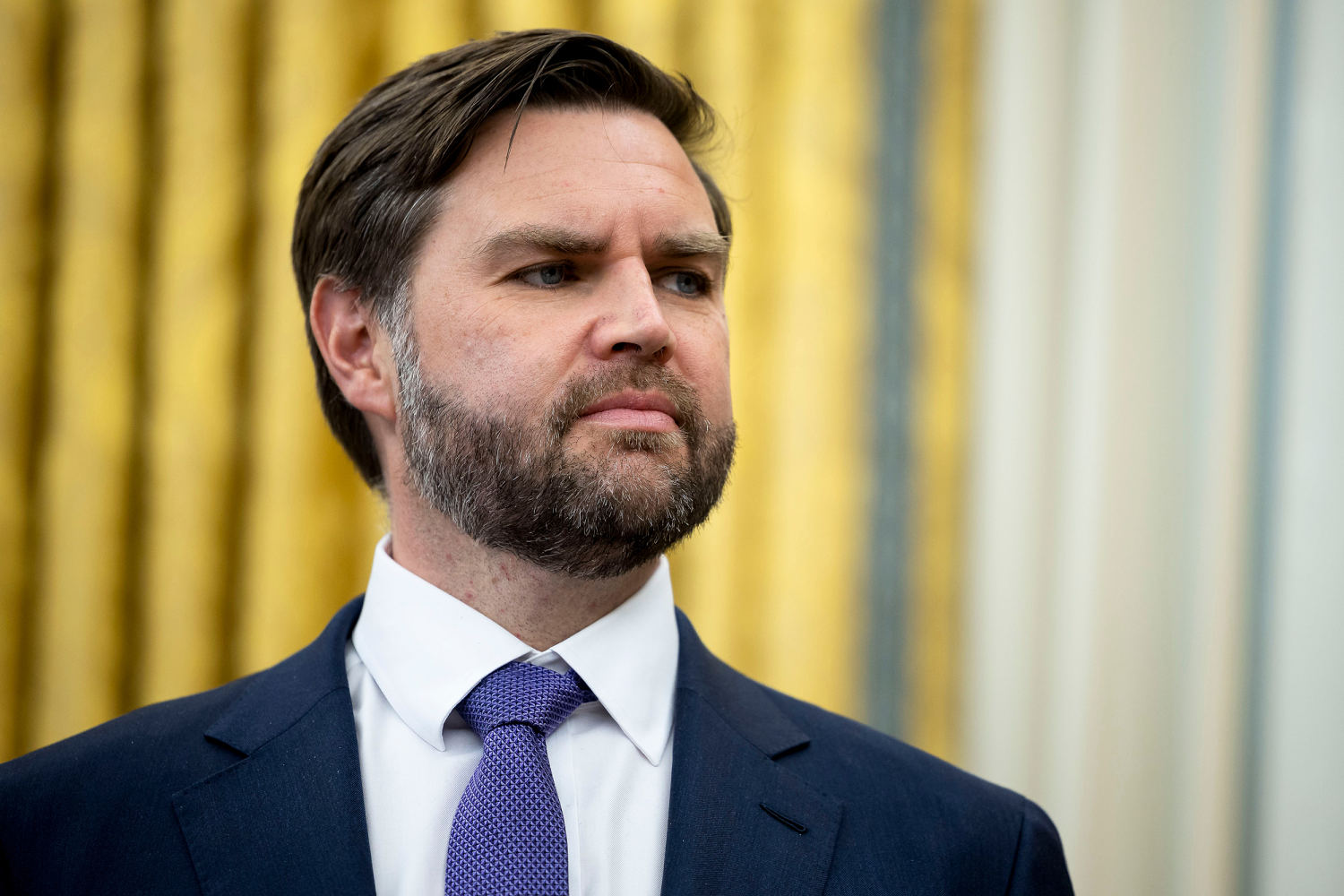An important question of journalistic ethics has been largely ignored in the discussion about the inclusion of the Atlantic editor-in-chief in a secret government chat.
Obviously, the primary responsibility for adding Jeffrey Goldberg to the Signal chat was with the government official who negligently included him. But as soon as Goldberg realized he had been inadvertently and improperly included in the chat, should he have immediately notified the government officials to be removed? Would he have acted differently if he had been inadvertently included in a chat by officials of the prior administration, which he supported, rather than this administration, which he opposes?
I have experienced similar situations on several occasions. As a lawyer, I have sometimes been inadvertently included on an email thread that was intended only for the other side of a case. As soon as I saw my name on the list and realized that it was inadvertent, I notified the other side and destroyed any and all communications from that group, without reading them. That was the ethical thing to do, even though my own client would have secured a tactical advantage if I had remained on the thread and learned the other side’s secrets.
As Secretary of State Henry Stimson once put it, “Gentlemen do not read other gentlemen’s mail.” That may overstate it in the context of intelligence gathering, but it is generally a good rule to live by in many other contexts.
Similarly, Goldberg gained an enormous reportorial and personal advantage from remaining in the chat without disclosing his presence. But should he have done so? Or was he ethically bound to disclose what had to be obvious to him: namely, that his inclusion was inadvertent and reflected a dangerous threat to national security?
Journalists often feel that they have only one responsibility, and that they can employ any means to justify the noble end of promoting that responsibility: obtaining all possible information, regardless of its cost to others.
Goldberg did nothing illegal by remaining in the chat, nor did he violate loosely defined journalistic ethics (an oxymoron to many!). But I believe he did the wrong thing. Goldberg should have immediately notified the proper authorities that they had endangered national security by including him in the chat. Had he done so, he would have had a far less interesting story to report, but he would have served the national interest.
This is not the first time journalists have been confronted with a conflict between their journalistic obligation to get the story and their patriotic obligation not to endanger national security. History is filled with situations where journalists could have disclosed dangerous information but declined to do so.
To be sure, Goldberg did not disclose the sensitive information. He kept it to himself and presumably his colleagues. So he was not responsible for affirmatively making a dangerous disclosure. He simply failed to alert the authorities to their mistake at the earliest possible time, and by doing so reaped a journalistic advantage. So the question is a nuanced one, without a simple answer.
We as a nation were fortunate that no harm came from the erroneous inclusion of Goldberg on the chat. Indeed, in retrospect some benefit may have occurred, because nothing like this will ever happen again. As a result of the disclosure of this embarrassing mistake, the Trump administration will double down on its efforts to prevent any future unauthorized disclosure of secret information. What will likely recur, however, is the ethical question posed by being inadvertently included in secret communications.
This issue should be debated both in the journalistic community and in Congress. There ought to be some ethical guidelines as to how ...














